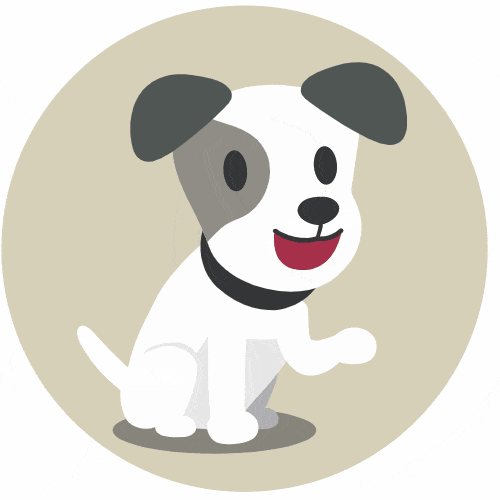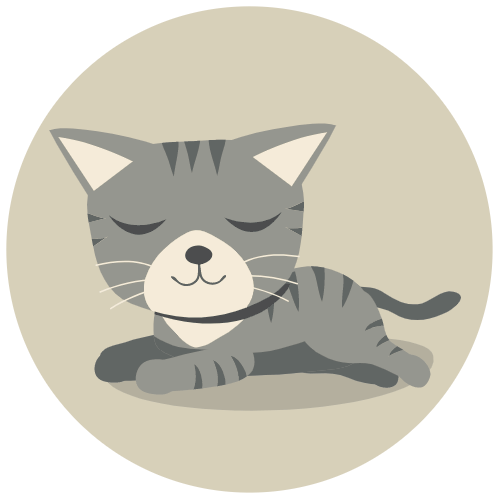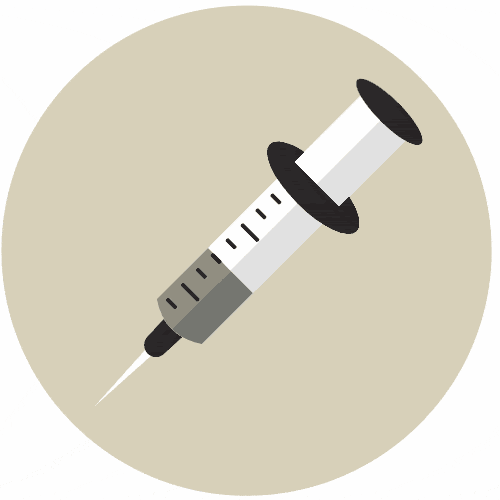FOR PUPPIES AND KITTENS, WE recommend
THREE EXAMS
starting at 8 weeks of age. The second and exam should take place 3-4 weeks after the first, followed by the third and final exam 3-4 weeks later. During these initial exams, one of our veterinarians can check your feline or canine friend’s growth progress and administer a series of vaccines to protect them from various diseases.
or call us at (303) 466-1764.
Newborn babies need to be seen by a doctor several times before their first birthday. It’s no different for puppies and kittens. We recommend that all new puppies and kittens receive their first comprehensive wellness exam at Broomfield Veterinary Hospital when they’re 8 weeks old. However, we can see them as old as 1 year and still provide the same puppy/kitten care as an 8-week old pet.
Your pet’s first few exams will consist of a nose-to-tail checkup, in addition to the administration of various vaccines and booster shots. Deworming is also a critical component of the first visit for a puppy or kitten. We also recommend that you spay or neuter your pet when they reach the appropriate age. Visit our Spay & Neuter page to learn more.
Puppy and Kitten Vaccination Schedules
Puppy and kitten vaccines work the same way as human vaccines. They give the body an opportunity to build up immunity against certain viruses and diseases, without actually coming in contact with the real illness. To ensure your furry friend is protected as soon as possible, we recommend that vaccinations begin at 8 weeks of age, with additional doses at 12 and 16 weeks. Below are the vaccination schedules we recommend for puppies and kittens:
8 Weeks
Kittens:
- FVRCP
- Deworming #1
Puppies:
- DA2PP
- Deworming
12 Weeks
Kittens:
- FVRCP
- Deworming
Puppies:
- DA2PP
- Leptospirosis
- Bordetella
- Final Deworming
16 Weeks
Kittens:
- FVRCP
- FeLV
- Rabies
Puppies:
- DA2PP
- Leptospirosis
- Bordetella
- Rabies
You can learn more about these vaccinations by visiting the Vaccinations page and by speaking with one of our veterinarians or veterinary technicians.
HOW DO I SET A POTTY TRAINING SCHEDULE?
- First thing in the morning
- Last thing at night
- After spending time in a crate
- Upon waking up from a nap
- After eating or drinking
- Time between potty brakes
should be no more than 2-4 hours
HOW DO I CRATE TRAIN MY PUPPY?
- Dogs like clean “home” areas and are less likely to have accidents
- Place crate near exterior door for quick relief
- The crate should be big enough for your puppy to stand up, turn around, and lay down
WHEN SHOULD I REINFORCE GOOD BEHAVIOR?
- Don’t scold your puppy for having an accident
- Praise them for doing the right thing
- Reward them with treats, pats, and attention
How do I get my puppy to stop bad behavior?
WHAT CAN MY PUPPY CHEW ON?
- Chewing is a calming mechanism for puppies
- Keep chewing toys around the house; when they start to chew on toys instead of household objects, give them praise
HOW DO I STOP MY PUPPY FROM BARKING?
- Scolding your puppy when they bark can make it worse; instead, ignore barking and praise quiet
- Training your dog to sit helps them fight impulsive barking when they want something
HOW DO I STOP MY PUPPY FROM BEGGING AT THE TABLE?
- Feed them first before you eat
- Create a cozy “go-to” spot near the table where they can be comfortable
- Praise them with treats when they don’t beg
How do I feed my puppy?
HOW OFTEN DO I FEED MY PUPPY?
- 6-12 weeks: 4x a day
- 3-6 months: 3x a day
- 6-12 months: 2x a day
- After a year: 2 half portions a day
- Watch your puppy to gauge if they are eating healthy
WHAT FOOD SHOULD I FEED MY PUPPY?
- Look for AAFCO guidelines
- Look for age and health specific formulas
- Ask your vet for tailored recommendations
WHAT ARE HARMFUL FOODS FOR PUPPIES?
Dairy, chocolate, grapes, and sugary foods, snacks, or desserts
WHAT THINGS SHOULD I BUY FOR A KITTEN?
- Scratch posts (helps preserve furniture!)
- Litter boxes, cat carriers, and food and water bowls
- Stain and odor remover
WHAT SHOULD I MOVE OUT OF THE WAY?
- Toxic plants
- Cleaners and sprays
- Any dog food that might be in the house
HOW CAN MY CAT BE COMFORTABLE?
- Bed and blanket
- Small, cozy space
- Grooming supplies
- Pheromone products
How should I play with my kitten?
HOW DO I PLAY SAFELY WITH MY KITTEN?
- Use balls, jingles, anything on a string, and cotton chew toys
- Avoid “play” with your hands to avoid injury when full grown
WHAT ARE THE BENEFITS OF PLAYING WITH YOUR KITTEN?
- Strengthens your bond with your kitten
- Allows them to release energy that could lead to damage
- Builds trust and comfort for them within a new home
HOW OFTEN SHOULD I PLAY WITH MY KITTEN?
- 20+ minutes of play per day
- Set aside at least two times a day preferably early in the morning and late at night
HOW DO I FEED A KITTEN?
HOW OFTEN SHOULD I FEED MY KITTEN?
- Dry food only: leave available at all times
- Wet food only: feed at least four times a day
- Combo: feed wet food twice a day and leave dry food available
WHAT SHOULD I FEED MY KITTEN?
- Look for AAFCO guidelines
- Look for age and health specific formulas
- Ask your vet for tailored recommendations
WHAT ARE HARMFUL FOODS FOR KITTENS?
- Raw meats, eggs, raw fish
- Grapes, chocolate, and dairy





